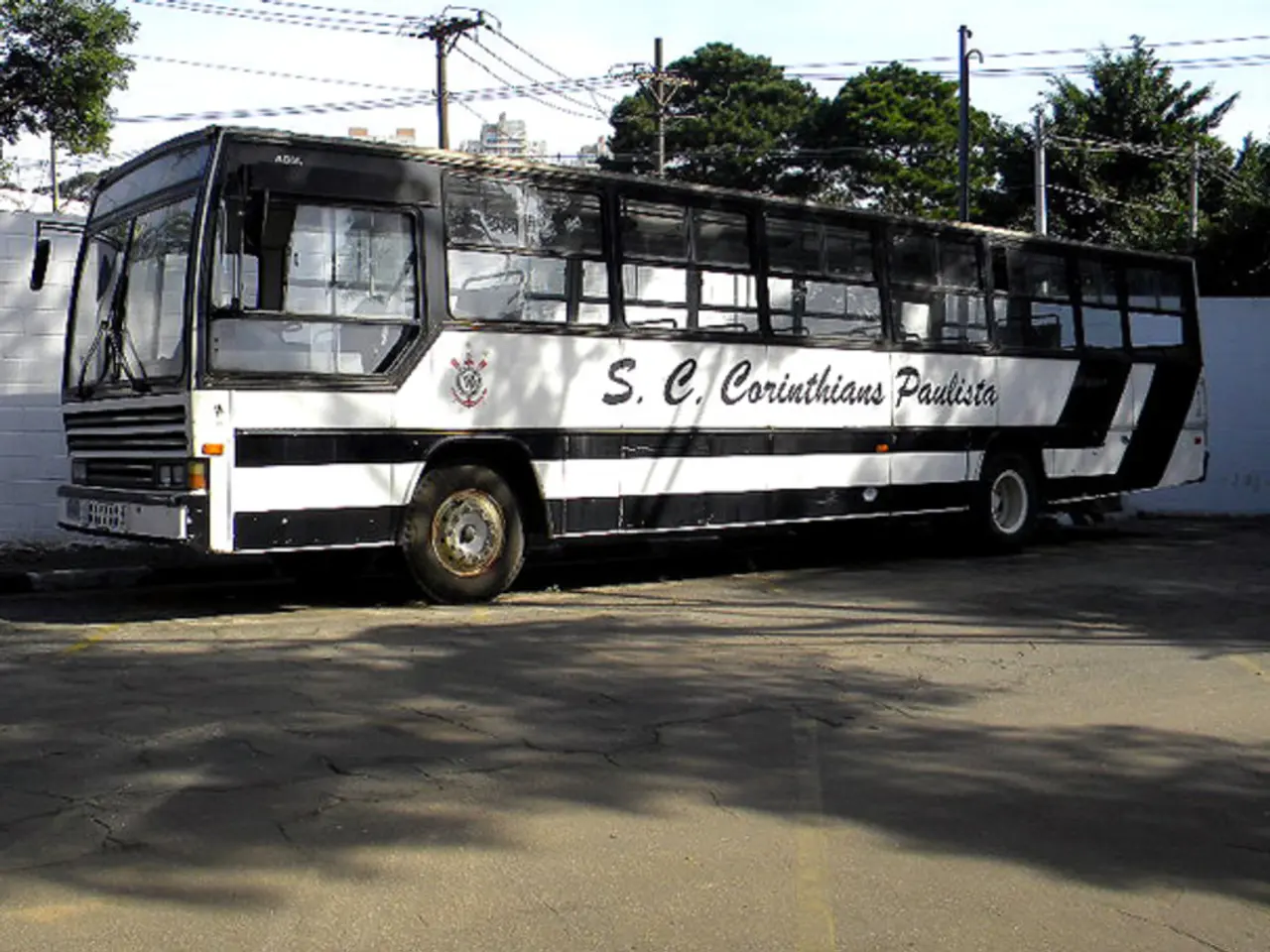Electric buses introduced in Kenya and Rwanda by BasiGo, a mainstream electric mobility company in Africa
In a significant stride towards sustainable transport solutions, BasiGo, a pioneering company in electrified public transport, has deployed its 100th electric bus across Kenya and Rwanda. This milestone underscores the growing interest in electrified transport solutions in Africa, a region that is increasingly recognising the importance of reducing carbon emissions and promoting eco-friendly mobility.
BasiGo's operations support more than 1,000 jobs across its operational and supply chain activities, demonstrating the potential for electric mobility to create employment opportunities in the region. The company's current fleet transports over 20,000 passengers daily, reducing the consumption of approximately 5,000 litres of diesel each day and cutting carbon dioxide emissions by an estimated 250 tonnes each month.
The shift from diesel to electric buses by BasiGo is not just environmentally beneficial; it also addresses the urgent need for cleaner air in urban centres. By avoiding the consumption of diesel, BasiGo's electric buses contribute to improving air quality, particularly in densely populated cities like Nairobi and Kigali, where they are integrated into public transport networks.
BasiGo began operations in 2022 with two vehicles in Nairobi. The growth of its operations since then suggests an increasing commitment to electric mobility in the region. The company's expansion plans highlight the potential for electric mobility to become more widespread in Africa, with a target of scaling its operations to 1,000 electric buses in the region.
However, the challenges facing BasiGo's growth underscore the need for infrastructure, financing, and policy support in the electrification of African transport. The company's Pay-As-You-Drive financing model aims to make electric mobility more accessible, but more needs to be done to ensure that these solutions are affordable and accessible to all.
Despite these challenges, BasiGo's growth reflects a positive trend for electrified transport in Africa. The renewable energy backbone of BasiGo's operations, largely sourced from hydropower and geothermal, is an important factor in reducing lifecycle emissions and making the transition to electric public transport more environmentally effective.
Electrified transport in African urban centres is gaining momentum, as demonstrated by BasiGo's 100-bus milestone. This milestone signifies a significant step forward for electrified transport in African urban centres, and it is a testament to the vision and determination of BasiGo's founders, siblings Ope and Bimbo Onaboye, who founded the company in 2021. Prior to founding BasiGo, Ope Onaboye was involved with Renda Africa, a startup focused on converting African vehicles to compressed natural gas (CNG) and preparing for the electric mobility transition.
In conclusion, BasiGo's achievement of deploying 100 electric buses across Kenya and Rwanda is a significant milestone in the electrification of African transport. It is a clear indication that electric mobility has a bright future in the region, provided that the necessary infrastructure, financing, and policy support are in place. As BasiGo continues to expand its operations, we can expect to see more electric buses on the roads of African urban centres, contributing to cleaner air, reduced carbon emissions, and a more sustainable future.
Read also:
- Peptide YY (PYY): Exploring its Role in Appetite Suppression, Intestinal Health, and Cognitive Links
- Toddler Health: Rotavirus Signs, Origins, and Potential Complications
- Digestive issues and heart discomfort: Root causes and associated health conditions
- House Infernos: Deadly Hazards Surpassing the Flames








